Upskilling and Reskilling: Building a Workforce Ready for the Future
With rapid advancements in technology and evolving business needs, upskilling and reskilling have become essential for today’s organizations. These initiatives aren’t just nice-to-haves; they’re critical for staying competitive and fostering a team that can adapt to whatever comes next.
Meeting Today’s Changing Skill Demands
The skills needed to thrive in most roles are evolving fast. What once might have been specialized digital and data expertise is now valuable across all departments. AI and automation, for instance, mean that understanding data and tech is relevant far beyond IT. But technical skills aren’t the only focus. Soft skills like adaptability, problem-solving, and creativity are just as vital, helping employees stay flexible and resourceful in a dynamic work environment.
Making Learning Accessible and Meaningful
Leading organizations are moving away from one-size-fits-all training programs and instead offering more personalized learning experiences. By using tools like online courses, bite-sized learning modules, and project-based opportunities, companies make development both engaging and directly applicable to employees’ current roles. Integrating learning into daily routines—often called “learning in the flow of work”—helps employees grow without disrupting their day-to-day tasks. On-the-job training, peer learning, and mentorship programs keep development relevant and ensure employees see the value in building new skills.
Through Verizon’s Skill Forward program, they are addressing tech skill gaps by partnering with Generation USA, a nonprofit focused on education-to-employment pathways. Verizon has committed $44 million to provide free, hands-on training for roles like cybersecurity analyst and IT support specialist. This initiative aims to reskill 500,000 people by 2030, focusing on underserved communities and individuals facing job displacement due to automation, emphasizing Verizon’s commitment to accessible career transformation.
Creating a Culture of Growth and Development
For upskilling and reskilling to make a real impact, companies need a culture that champions learning at every level. Building a culture that values growth means recognizing and celebrating learning milestones, rewarding skill development, and setting the expectation that learning is part of everyone’s role. When employees feel empowered to grow, they’re more likely to see a long-term future with the company and are motivated to take on new challenges with confidence.
Accenture offers continuous learning through its comprehensive upskilling platform, accessible to employees at all levels. By partnering with LinkedIn Learning, Accenture provides on-demand learning options that range from basic skills to industry-specific training, enabling employees to advance their careers at their own pace. This approach supports a culture of lifelong learning and ensures employees can acquire the skills needed to stay competitive in a constantly evolving market.
The Organizational Benefits
Prioritizing skill-building brings significant advantages. First, it boosts retention, as employees feel that their growth is valued. It also equips teams to adapt quickly to new demands, reducing reliance on external hiring and creating more agile, future-ready teams. Companies that invest in upskilling and reskilling are positioned for greater flexibility and resilience, making them better able to respond to market changes.
Bank of America’s The Academy program, which focuses on career development and skill-building for more than 40,000 employees annually, has contributed to a significant drop in attrition. By offering targeted training and career progression opportunities, the bank has created a pathway for growth within the company. This focus on internal mobility has also increased employee engagement and decreased hiring costs by filling more roles internally
For HR leaders, upskilling and reskilling aren’t just trends—they’re strategic necessities. Focusing on these areas ensures your organization is prepared for the future and strengthens the foundation of a more capable, adaptable workforce.




